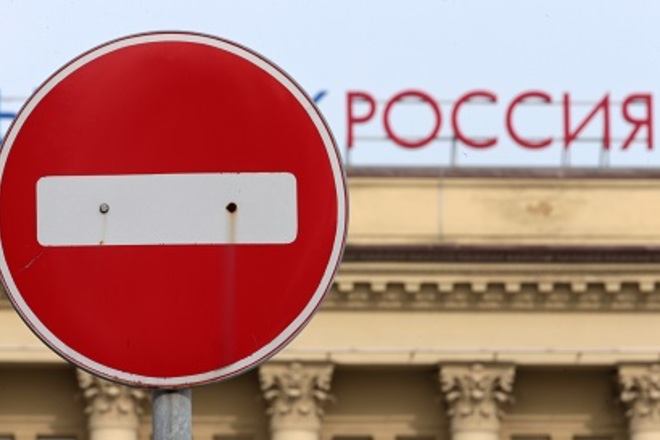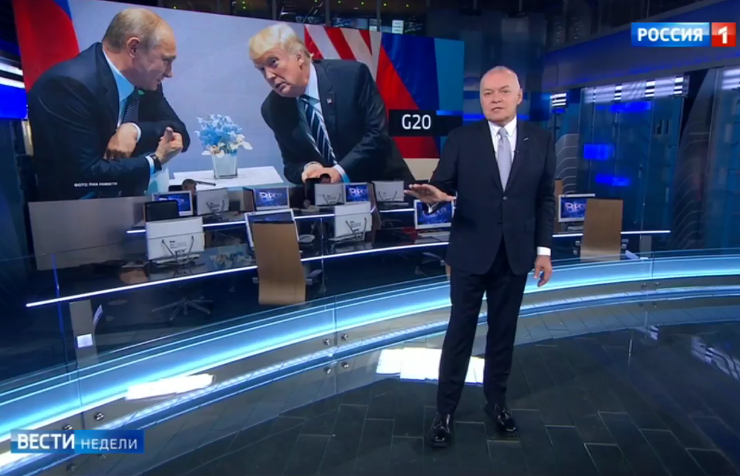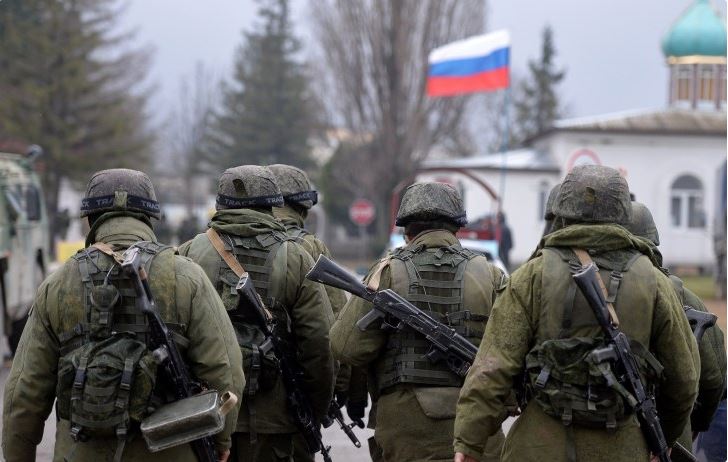In a commentary for the Riddle portal, he says that sanctions on Russian defense producers have been used since the 1990s and have had slowed modernization, increased costs and intensified tensions between that sector and the Kremlin.
Read also: Sanctions on Russia are working, but they’re not enough
In evaluating the impact of sanctions, Luzin says, it is important to remember that they are less about forcing the target to change his actions than to increase his costs and limit his freedom of action, even as they occur in a situation which allows those who impose them to keep their own freedom of action.
According to the Russian analyst, Western sanctions have not led to a split in the Russian ruling group but they have “inflicted fundamental harm on the Russian political system through the defense sector. Moscow has always assumed that it can adapt to sanctions as it did in the 1990s but has discovered that it has far more problems when these continue for long periods.
That has been especially true with regard to the defense sector, Luzin says. Sanctions have made put a break on Russia’s weapons modernization program by increasing costs of development and forcing Moscow to spend a great deal of money trying to work around sanctions via industrial espionage or the purchase of equipment from third parties.
Given that the Kremlin faces rising problems at home, such transfers only magnify disputes within the elite even if they do not lead to splits. The recent economic difficulties have only magnified the impact of these sanctions, even if they have not had all the consequences some of their authors expected.
“In other words,” Luzin concludes, “isolating Russian defense industry from Western producers and technological chains has made it less stable” and affected other sectors from which the Kremlin has taken resources in order to maintain its military posture, angering those involved in them.
As this has happened, the defense sector has become increasingly opaque, something that has allowed it to take on far more debt than the central government wants and creating a problem that the regime will eventually have to address in order to prevent a collapse that would spread across the economy.
That will only intensify the problems Luzin describes.
Read also:
- Boosting the price of aggression. Ukraine updates its sanctions policy against Russia
- Sanctions on Russia are working, but they’re not enough
- Russia pushes to complete Nord Stream 2 challenging US sanctions
- Company that brought “little green men” to Crimea violated EU sanctions for 4 years: investigation
- PACE destroys sanctions mechanism, allowing return of Russian delegation
- “Crimea – not sanctions – real harbinger of demise of Russian Federation”
- “Sanctions matter even if they won’t change Putin’s policies”








